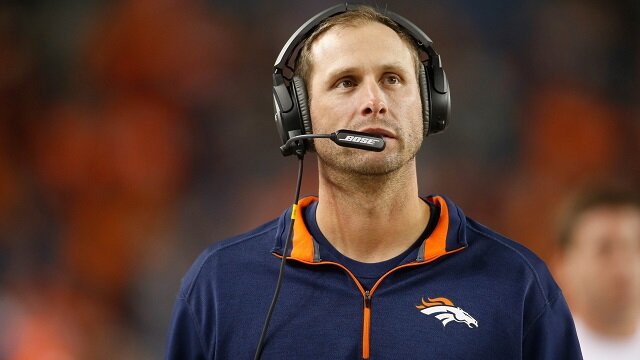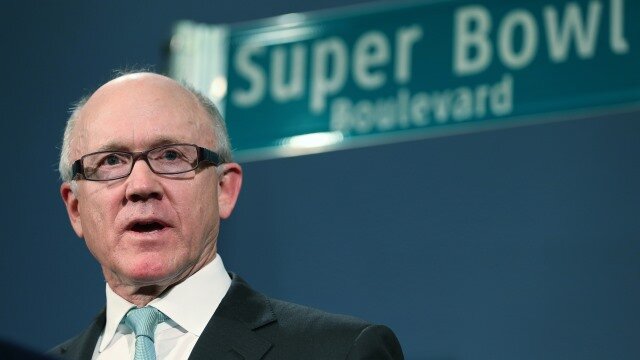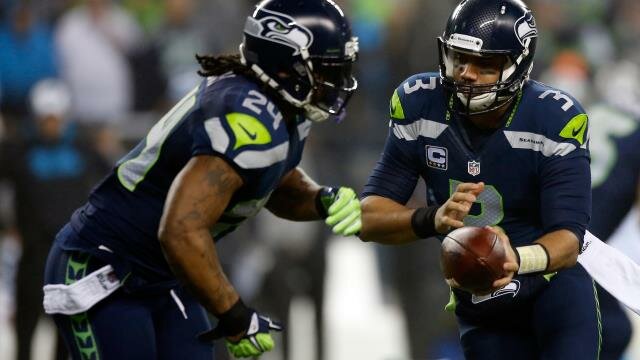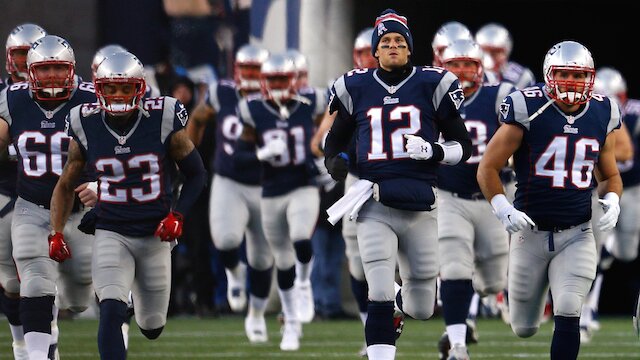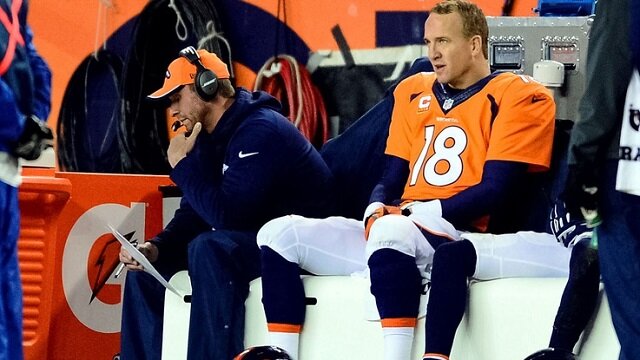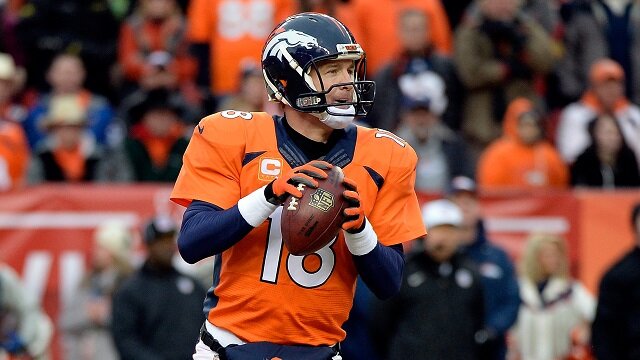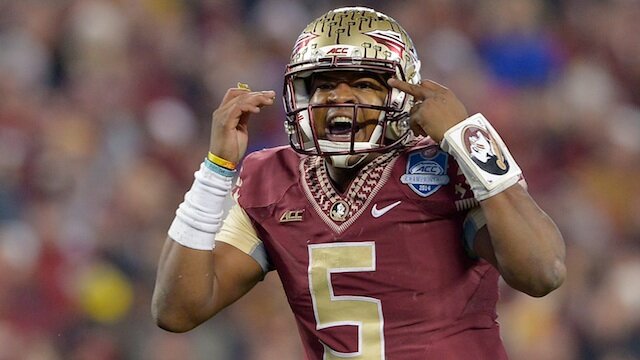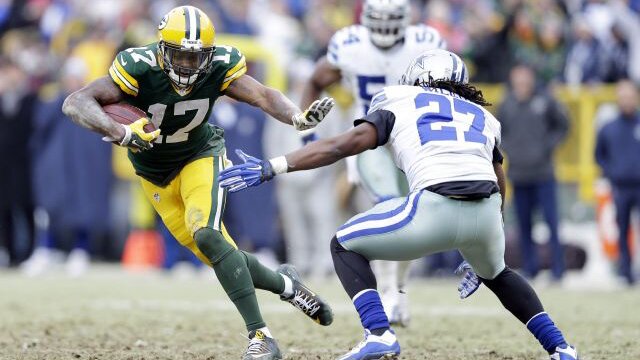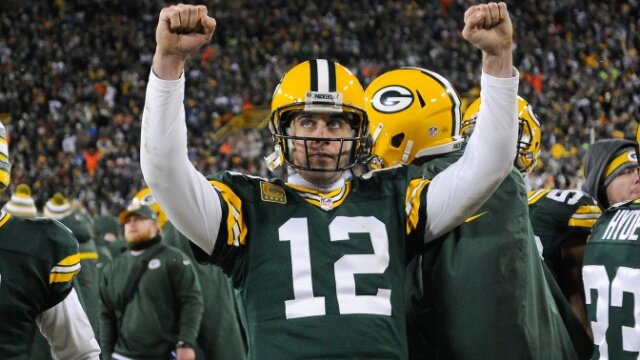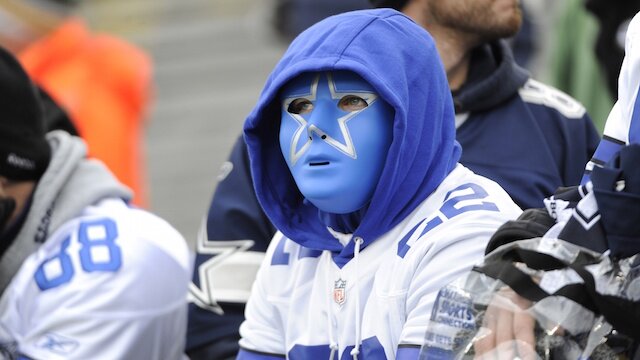The Unwritten Rules of Hiring an NFL Head Coach
In the NFL, March 10, 2015, is one of the year’s most notable dates, marking the commencement of free agency featuring superstars such as Dez Bryant, Ndamukong Suh, DeMarco Murray and Jason Pierre-Paul.
But another significant, franchise-shaping window officially opened Sunday, when the 2014 regular season ended. Clubs earnestly contacted the agents of prospective head coaches and general managers, the men who will most dramatically impact where the aforementioned free agents and incoming rookies will land.
It’s arguably the most chaotic time of the year, with owners fervently creating openings and aggressively trying to fill them, although many candidates are under contract to playoff teams.
It’s trendy for a club with a coaching vacancy to bring in the “hot coordinator,” appeasing owners and fans that they’re serious about “changing the culture” and “identifying” the next Bill Belichick.
But that’s not reality.
There’s more to a good candidate than where his unit ranked, how many Pro Bowl players he coached, where he’s worked.
This offseason, for instance, clubs in need of a coach are enamored with Arizona Cardinals defensive coordinator Todd Bowles, Seattle Seahawks defensive coordinator Dan Quinn or Denver Broncos offensive coordinator Adam Gase.
All three of those men could wind up being brilliant head coaches.
But they also could be colossal disappointments.
The challenge for owners is to discern whether Gase is truly an “offensive genius” or a beneficiary of Peyton Manning’s brilliance, whether Quinn’s elite defense is of his design or more due to general manager John Schneider’s crafty personnel moves.
Because not all successful assistants can cut it as a head coach.
The truth is, no one is really ready to become an NFL head coach. Each candidate puts together a binder or develops a PowerPoint to flesh out their leadership style, their practice philosophy and their credentials. But there’s nothing that can prepare them for the litany of decisions that come with being a head coach, from picking the date, time and even menu for a sponsorship luncheon, to what patches will be on the team’s uniforms. There’s also no simulator for critical in-game decisions, like when to go for it on fourth down or when to call that final timeout.
More often then not, the “hot coordinator” is less likely to be the next Mike Tomlin or Mike McCarthy, and more likely to be the next Marty Mornhinweg or Dennis Allen.
Oftentimes, a head coach makes mistakes and thrives on the second go-round, a la Belichick, Tom Coughlin and Pete Carroll. If he’s learned from his mistakes in Denver, for instance, Josh McDaniels could be the latest to make the most of a rare second chance.
So what should owners be focusing in on? Here are my three keys:
- 1. Commands respect – The head coach is going to be rewarded handsomely, but he’s inevitably going to have a handful of players making double or triple his salary. He’s got to be able to command the locker room, setting a high standard, inspiring key players to buy into his philosophy and assisting in selling that philosophy and pushing his players to play for more than a paycheck.If his players or coaches don’t respect him, he’s got no chance to be successful. During a tough time – perhaps due to injuries, perhaps due to off-the-field distractions – his players will respond favorably. Even after a poor performance or stretch, his players will not quit.
- 2. Knows talent – To get into this position, a coach must have at least an offensive or defensive “personality” that’s worked. He’s also obviously got to have a good eye for talent, the type of player who fits into his scheme. The best coaches recognize that his success is most tied directly to great players. But another key is recognizing talented assistants. There’s far too much that needs to be done on a week-to-week basis, so the best head coaches have a staff comprised of coaching stars.Look at the coaching trees of Bill Walsh and Bill Parcells, for example. An underrated element to a first-time head coach actually earning a job is who he’ll bring with him on his staff. That’s a tricky thing – and it’s cost some deserving assistants an opportunity to run a team. The Minnesota Vikings, for example, surely were impressed that Mike Zimmer was bringing with him Norv Turner, one of the best developers of quarterbacks in NFL history, as offensive coordinator.
- 3. Remains consistent – Reporters love loquacious head coaches, the type who aren’t afraid to speak the truth at all times and provide sound bites galore. But those coaches don’t tend to have long-lasting legacies (think Tom Landry and Joe Gibbs). The coach needs to have strengths in leading, communicating, delegating, innovating and inspiring – and also needs to have uncanny instincts.
That’s a lot to ask, which is why so few enjoy success and fewer sustain success.
Mike Maccagnan a Safe Hire For Jets
The New York Jets are looking for a new identity. Mike Maccagnan is now the new man in charge to make it happen. Read More
Seahawks 5 Key Players To NFC Title
The Seattle Seahawks are getting closer and closer to the Super Bowl again. What key players will the team rely on to take them there? Read More
5 Key Patriots Players vs. Colts
The New England Patriots and Indianapolis Colts renew their rivalry in the AFC Championship. Here are the five players who are key to a Patriots victory. Read More
Peyton Manning Has Played His Final Game
After the worst month of his career and another one-and-done playoff finish, it's really time for legendary quarterback Peyton Manning to call it quits. Read More
Broncos' Championship Window May Now Be Closed
The Denver Broncos lost a tough game to the Indianapolis Colts, and it is unclear if they will remain an elite team in the future. Read More
Broncos' Fox Should Not Be Fired After Loss
The Denver Broncos have been eliminated from the playoffs, but that does not mean head coach John Fox should be fired. Read More
Broncos' Manning Is No Longer An Elite NFL QB
Given his horrendous play lately along with his age, diminished arm strength and accuracy, Peyton Manning has lost his elite QB designation. Read More
2015 NFL Draft Order (Post Divisional Round)
Here's a look at the 2015 NFL Draft order following the Divisional round of the playoffs. Read More
Adams Gives Packers Potent Weapon vs. Seahawks
Green Bay Packers’ Davante Adams showed some serious potential in a breakout Divisional Round performance. Read More
Top 5 Free Agent Targets For Colts In 2015
With over $39 million to spend, the Indianapolis Colts will look to make a splash in free agency and improve multiple spots across their roster. Read More
Rodgers' Toughness Key To Packers' Playoff Run
Aaron Rodgers showed a lot of toughness vs. the Dallas Cowboys, but he still has has work cut out for him. Read More
Nobody Should Be Feeling Sorry For Cowboys
The Dallas Cowboys had plenty of support on Sunday afternoon, but didn't take advantage. Read More
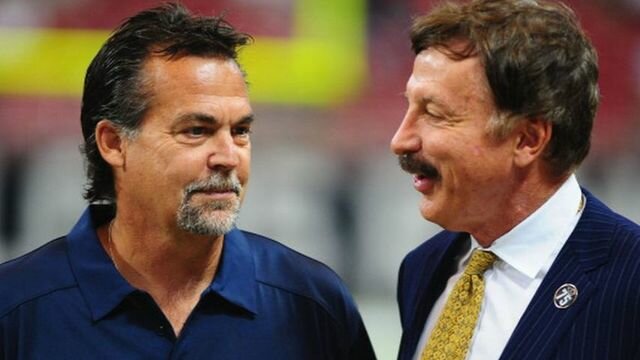

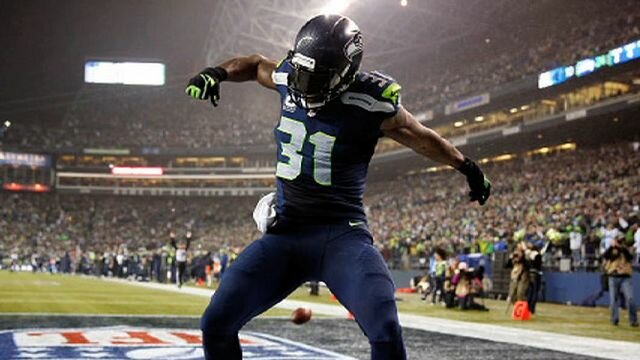
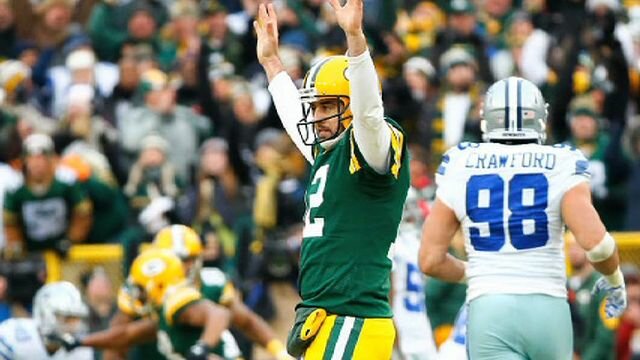

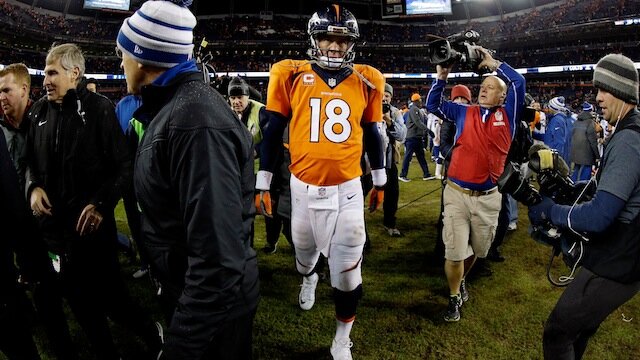
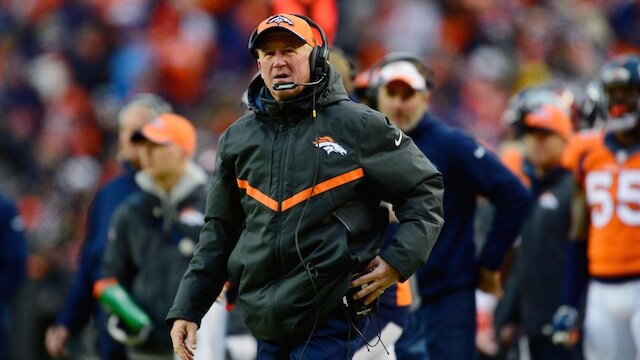
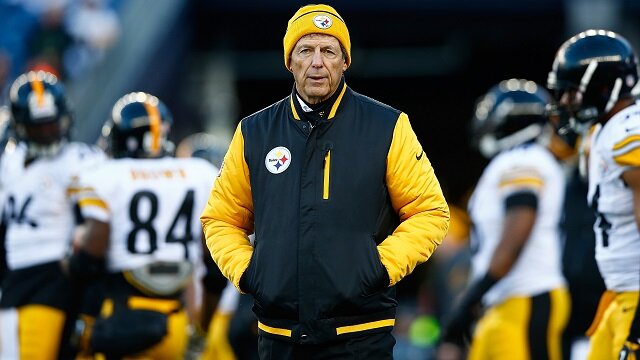
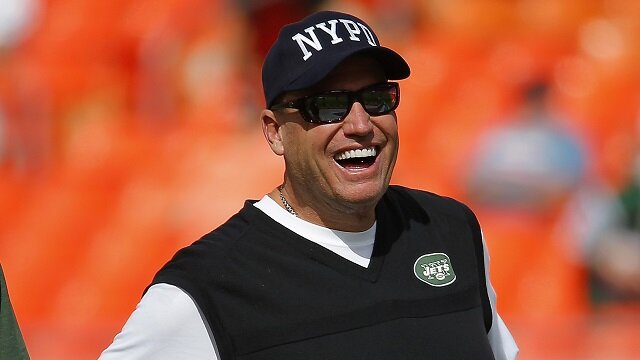
 @seankjensen
@seankjensen 